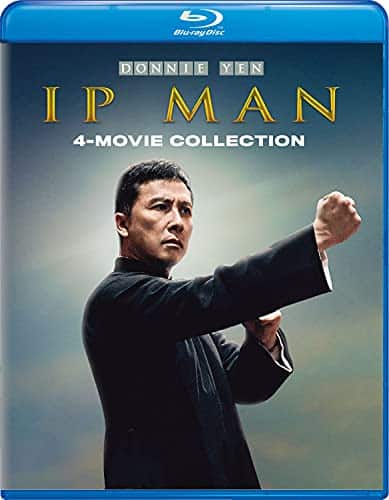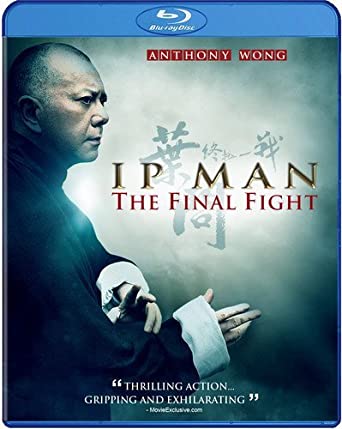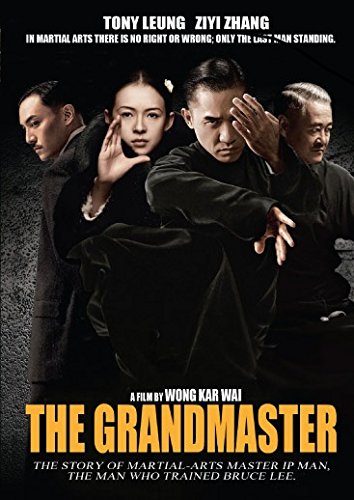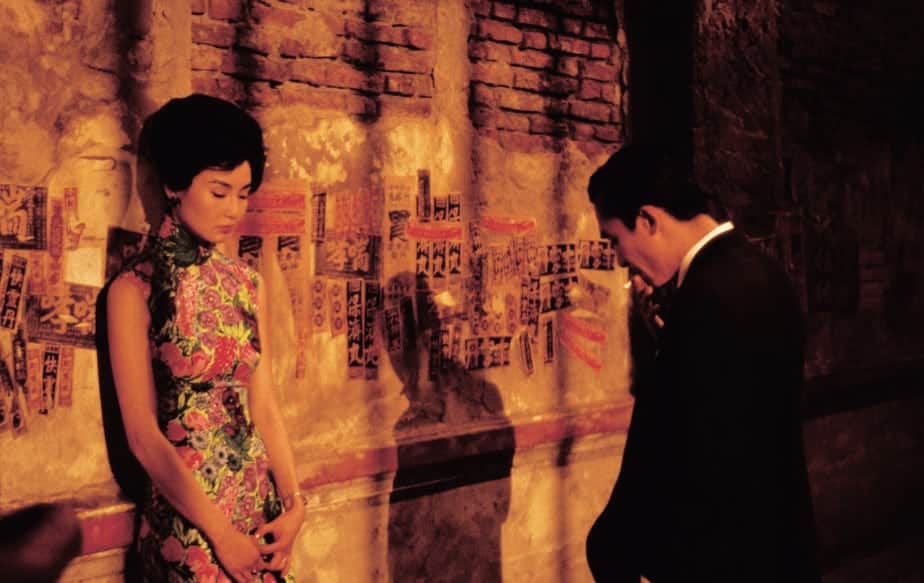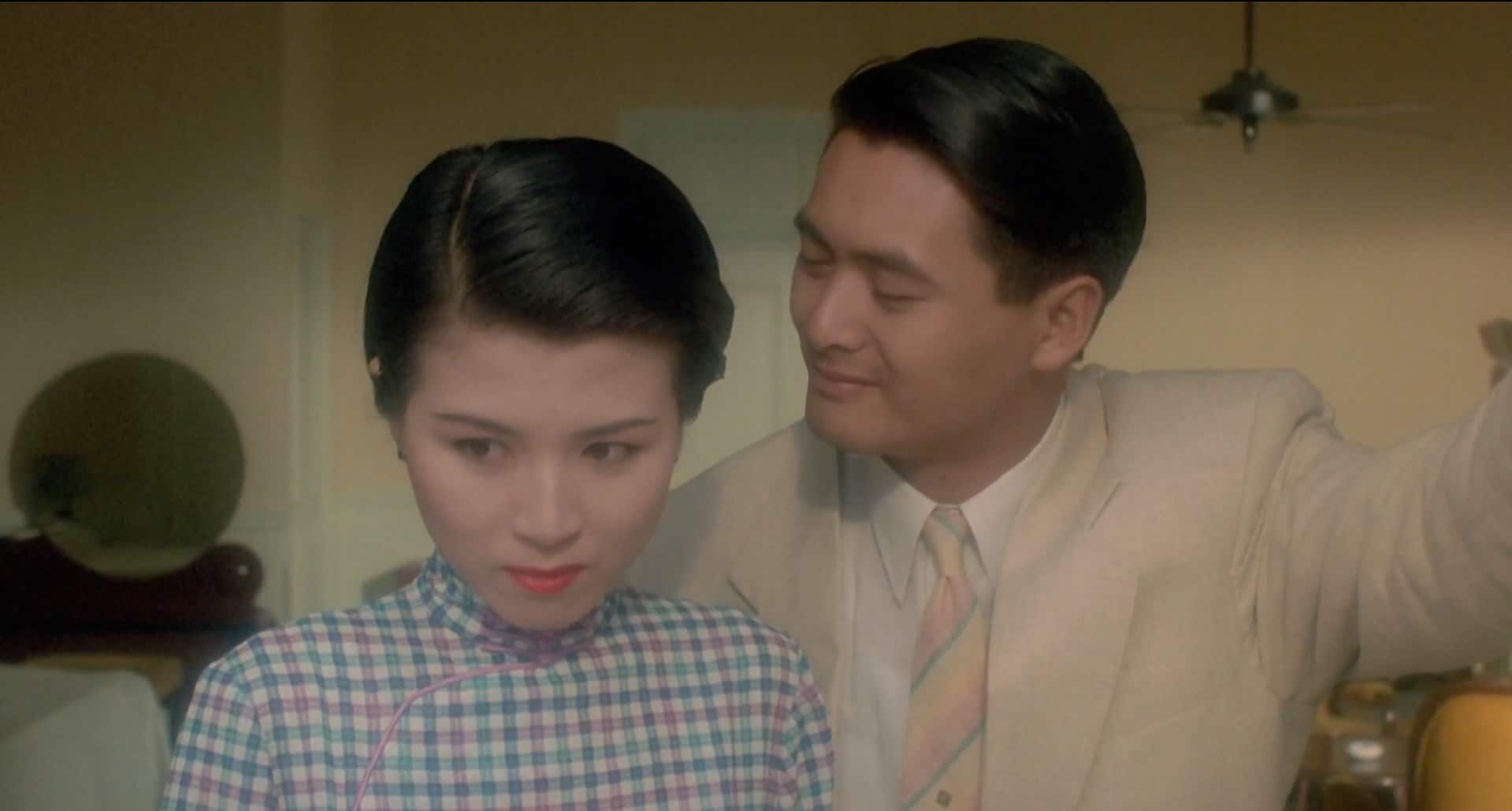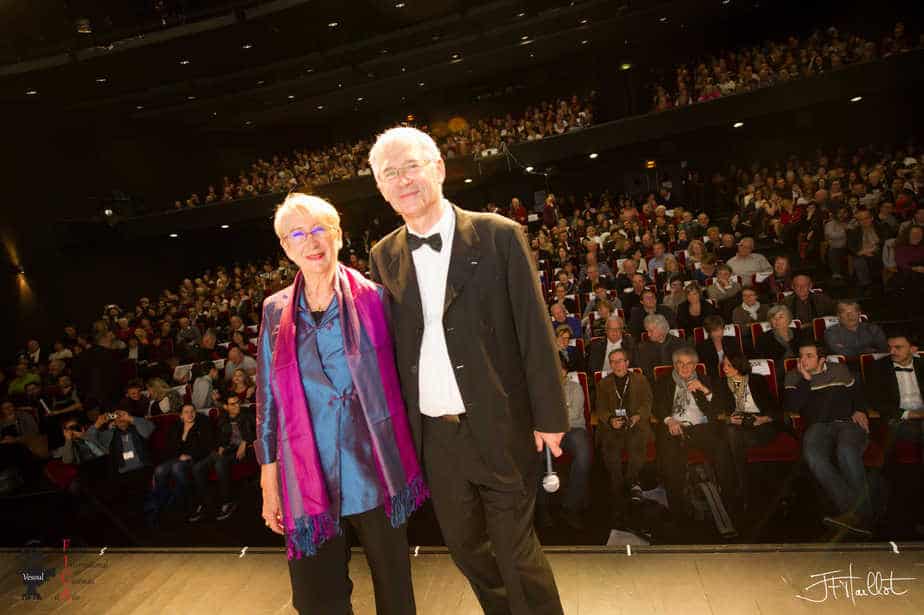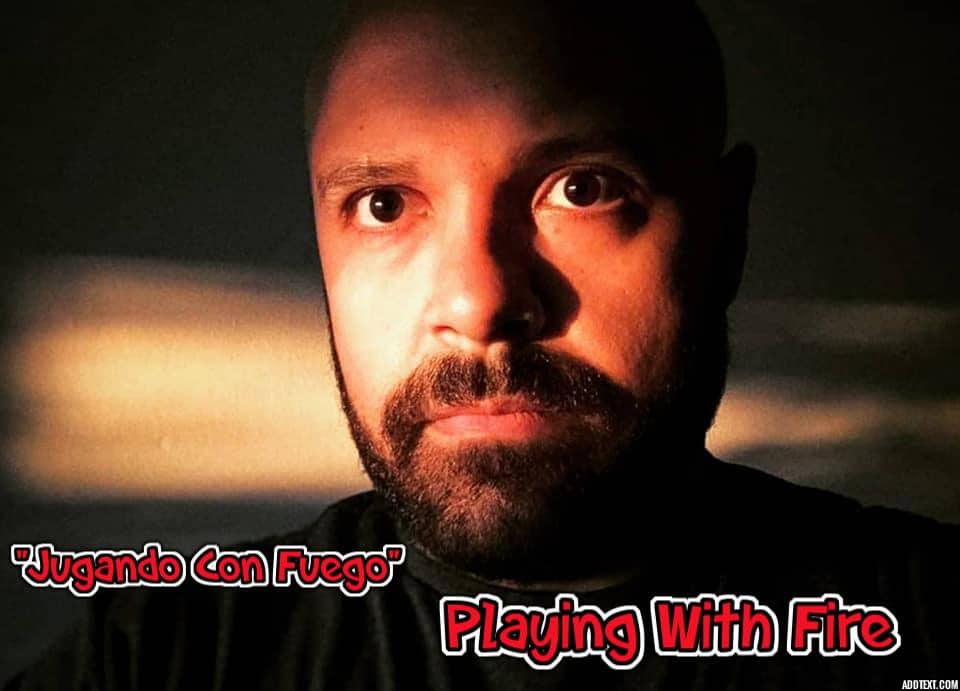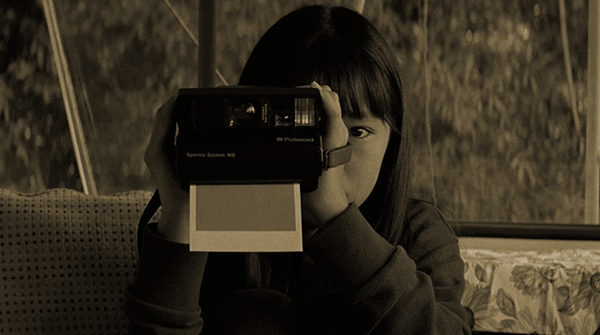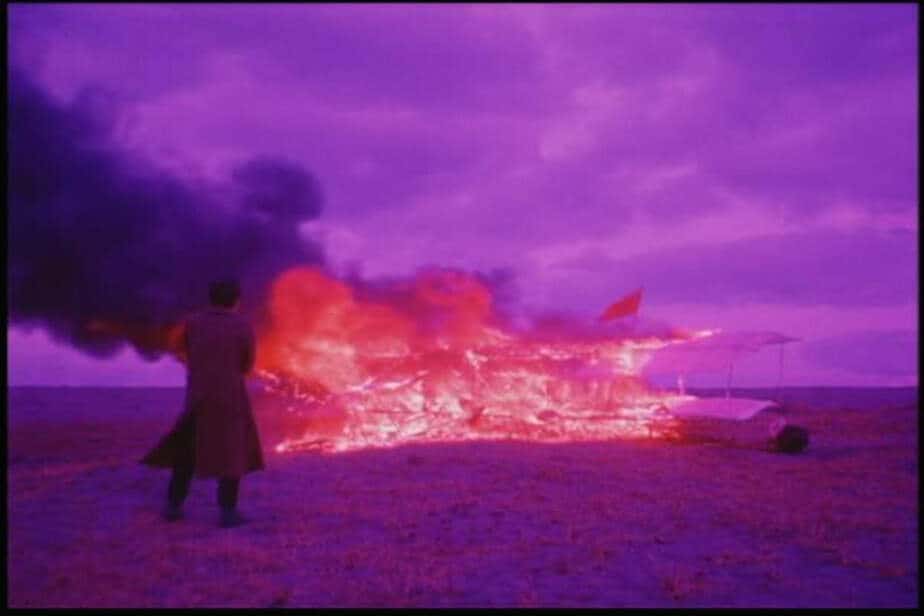Yes, there are 10 now, with the latest one introducing the Young Ip Man, in a desperate effort to continue the franchise. Despite its evident downward spiral, though, the Ip Man series has presented a number of martial arts masterpieces through the years, which highlighted the prowess of individuals like Donnie Yen, Sammo Hung, Wilson Yip and Yuen Woo Ping among others. Also of interest was the path Wong Kar Wai and Herman Yau took the life of Bruce Lee’s teacher, resulting in more artistic entries, while the inclusion of individuals like Mike Tyson, can only be perceived as a treat.
Here is a look of all the entries in the series, in chronological order.
1. Ip Man (2008) by Wilson Yip

The story takes place in Foshan, a city in southeast China that was considered a centre of martial arts, even including a street completely dedicated to it, where teachers are coaching their students on the road, side by side. Ip Man enjoys the appreciation of the other teachers in the city, who consider him the strongest fighter, even though the occasional outsider who wants to test his abilities does appear. Cheung Wing-sing, however, his wife, is annoyed by all the fighting, which occasionally happens inside the house, which frequently leads to tension between them. When a rather strong fighter, Jin Shanzhao, comes to Foshan to challenge other masters, hoping to set up a school and climb out of poverty, even she agrees for Ip Man to fight him however, coerced by the Northerner’s vulgar ways. Despite the aforementioned, Ip Man lives an opulent life while keeping a low profile, something that changes completely after the Japanese invasion of 1937, since the situation for all Chinese people deteriorates radically, resulting in him having to work as a miner to feed his family and duel with Chinese and Japanese fighters to protect his friends.
The combination of Sammo Hung as action choreographer and Donnie Yen as main performer has resulted in a number of action masterpieces, with the original “Ip Man” definitely being among them. The combination of rather intricate choreography with the uncanny speed and overall composure of Yen results in a number of utterly impressive scenes, with the multiple punches in particular being among the most memorable ever to appear on a martial arts film. Apart from the protagonist, Wilson Yip has also done an excellent job in the rest of the cast, with Louis Fan Siu-wong in the role of Jin and Hiroyuki Ikeuchi in the role of the Japanese general who becomes the ultimate opponent, providing more than worthy villains. Chen Zhi hui in the role of Master Liu, another sifu, Simon Yam as a businessman friend, and gorgeous Lynn Hung as Ip Man’s wife, round up an overall great cast.
“Ip Man” is a truly great film, a masterpiece of the genre, and a true classic of HK cinema.
Buy This Title
on Amazon by clicking on the image below
2. Ip Man 2 (2010) by Wilson Yip

The story is loosely based on the first years of Ip Man in Hong Kong, after escaping, in 1949, from the Japanese-occupied Foshan. The wing chun master has lost all his wealth and is struggling to make a living for himself, his wife and young son, with the difficulties increasing when Cheung Wing-sing gets pregnant. To face his increasing living costs, he decides to open a Wing Chun school once again, but the fact that no one knows him in Hong Kong does not help at all. That is until a young man named Wong Shun Leung appears and challenges him to a fight, losing spectacularly, with the same happening when he adds three of his friends to his attack. The four of them become Ip Man’s first students in Hong Kong, with others following soon after.
Wilson Yip directs a movie that is essentially split in two parts, with the appearance of The Twister functioning as the dichotomy. The first one focuses on the difficulties Ip Man faces in order to establish himself, and how his prowess and his students’ eagerness eventually leads to a “war” with Hung Ga, and essentially the established order in Hong Kong. In this part, Hung Ga essentially emerges as the villain, with the ways he asks for money from Ip Man and his tactics on preventing him to get more students being quite despicable, also because he is a direct associate with a local police officer, nicknamed “Fatso”. As such, this part also focuses on the consequences of Chinese fighting among themselves, with Yip, though, eventually showing that Hung Ga also does things out of necessity, and not as a kind of “Godfather”.
“Ip Man” is at least as good as the first part, and one of the greatest modern martial arts movies of all time.
3. Ip Man: The Final Fight (2013) by Herman Yau

Ip Man arrives in Hong Kong in 1949, without in his family, in somewhat vague circumstances. He is given an address to go to, which turns out to be the office of a local labour union. Once he demonstrates a few of his Wing Chun skills to the young martial arts obsessed union official Leung Sheung, he sets about organising Ip Man’s living arrangement. Leung Sheung is the chairman of the general association, and provides Ip Man a space to live at the Union offices and he begins to teach a number of students on the office roof top. It is here where we’re introduced to the students that feature throughout the film. Lee King is a fiery union activist. Wong Tung, a hot headed prison guard. Tang Shing, a moody police officer. Waitress Chan Sei-mu, who is obsessed with martial arts novels. Throughout the film, Ip Man’s students help with his living circumstances and look after him, as his actual school is quite small in comparison to other bigger martial arts schools. This sense of community, solidarity and friendship is a feature of the film. Ip Man is quite poor and lives in frugal circumstances, but the affection of the one’s who love him, keep hardship at bay.
As with any kung fu film the action choreography is essential. This is not a blood gushing, bone crunching style action flick, so the choreographers Chung Chi Li and Kwok Lam Sin focus down on the techniques of Wing Chun, White Crane, and the pure power of martial artist Hung Yan-yan, who plays Dragon.
“Ip Man: The Final Fight” is a feast for the eyes, exciting action aplenty, consummate performances, and in general, the vignette style of storytelling works well. It is an enjoyable kung fu popcorn flick, with fine sense of design that recreates the period setting elegantly.
Buy This Title
on Amazon by clicking on the image below
4. The Grandmaster (2013) by Wong Kar-wai

The story spans a few decades, starting in the early 1930′s. The premise of the movie is simple enough:Gong Yutian a renowned master of China’s Southern and Northern styles of martial arts, comes to town to celebrate his eventual retirement. It’s at the Golden Pavilion, the number one brothel in the region, that he decides to make the big announcement. Now, the Golden Pavilion is a safe haven, of sorts, for the countless masters and would-be-masters of this domain. Amongst them is a calm and friendly character named Yip Man who seems rather interested in picking up where the old man is leaving off. But, also in attendance that evening is the newly appointed Northern successor of Gong Yutian, Ma San . Ma San is a brutal man with little regard for customs or decorum. So it’s no surprise that he makes an ass of himself during the ceremony and incurs the wrath of his master who promptly banishes his student. From there, the movie keeps trudging along until many years later, Ma San starts co-operating with the Japanese during the invasion of the North.
Fighting for fighting’s sake sucks in films. But when you do it for a good reason, well, all you need to do is add a dash of originality and you’ve got a winning formula. At one point, I thought Kar Wai Wong had nailed it. Around the 25-minute mark, there’s a brilliant sequence of fights where Ip Man gets tested by his friends and comrades. I seriously thought at that point that I was in store for something absolutely amazing. To wrap it up, on one hand, I’m glad that those scenes and the ending were solid. Unfortunately, a couple of flashes of brilliance is not enough to make a great movie. And no one is more disappointed about that than me. (guest writer)
Buy This Title
on Amazon by clicking on the image below
5. Ip Man 3 (2015) by Wilson Yip

The story this time takes place in 1959 Hong Kong, where Ip Man enjoys his fame as the top sifu, respected by both peers and the people of the city. Eventually, however, another man appears, Tin-chi, whose Wing Chun also comes from the same roots as Ip Man. The two get to know each other through their sons, who are caught fighting in the school yard in an effort to show whose Wing Chun is the best. Tin-chi, who is a single father, tries to make a living as a rickshaw driver during the day, and by participating in underground fights during the night.
Wilson Yip directs a movie where the dramatic element is much more significant than before, with the single father, the sick wife, and the fighting sons being the main mediums of this approach, which actually works quite well, particularly in the second factor. As such, Lynn Hung is quite good in the part of the wife, with her arc also presenting one of the messages of the movie, “love thy family”. Granted, the very finale moves in intently melodramatic paths, but as a whole, the drama works here, also as a relief from the masculine action.
It is hard to say if “Ip Man 3” is better than the previous entries in the franchise, since it seems to focus more on impression than the two that came before it. At the same time, though, it is highly entertaining, while Max Zhang is probably the best co-protagonist Donnie Yen had found so far, at least in terms of fighting skills. As such, it is a film that will not disappoint neither the fans of the franchise nor martial arts cinema aficionados.



